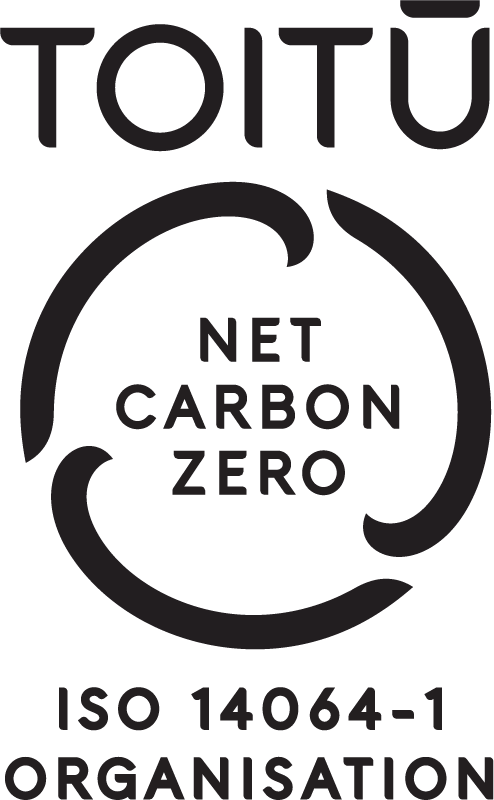
Negative Bank Rates- Yeah Right
1 September 2019It’s official: the world has gone mad. In Denmark a bank is paying people to take out a home loan with them. Jyske, Denmark’s third largest bank, is offering a mortgage rate of -0.5% for 10 years, which means borrowers’ debts are reduced by more than the amount they pay back. Not bad at all, but spare a thought for the savers in 20 countries where they have to pay to put their money in 5 year government bonds. Both sound like great material for a Tui ad, but they’re true.
It’s enough to mess with anyone’s head and there’s a danger it could lead to some decisions that get New Zealanders into trouble, whether they’re savers or borrowers.
I know a thing or two about that myself. It was 31 years ago to the month when I bought my first house in Spreydon, Christchurch. It was one of my proudest moments, even though all I had was a bed, my grandma’s couch and a Thorn colour TV to fill it. I didn’t even have a fridge (or food for that matter) because I miscalculated the lawyer’s fees.
My mortgage rate was 18%. No, that isn’t a typo, 18%. But I’d done my homework and knew I could cover it – until a few months later when it jumped up to 22%. You can imagine the panic, but luckily I was young, sociable and happy to fill the spare bedrooms with flatmates to help meet my repayments.
On the other side of the ledger my mum was getting something like 20% for a one-year term deposit in the bank. Happy days, well for mum anyway.
Fast forward to 2019 and you can get a mortgage as low as 3.55%. That’s great news for people struggling to get on the housing ladder, especially in Auckland.
As for those looking to grow their savings or income in the bank the news isn’t so good. A 12-month term deposit with most large banks is around a paltry 2.8%.
My worry is that New Zealanders, particularly those who have retired and are on a fixed income, will be tempted to chase better returns than that, but without taking into account the risks of doing so. It wasn’t that long ago we had a global credit crisis which triggered the collapse of several New Zealand finance companies, wiping out the investments of thousands of New Zealanders.
A few years before the collapse, people had been enjoying close to double digit returns in the bank, but over the late 90's and early 2000's bank deposit rates went down. This prompted many savers to go elsewhere to seek a similar rate to the one they had been getting, but without understanding the higher stakes. Some people lost everything, a particularly cruel way to learn about risk and reward.
No-one can predict what is coming next, but I can say with some confidence that low interest rates will be the norm for several years to come and could go even lower over the short-term. Not good news if you are relying on that investment income to maintain your quality of life I’m sorry to say.
Add the fact we are living longer on average and inflation is eating away at our buying power, it’s getting harder and harder to make our income last as long as we do. So, what can you do to help maintain your financial well-being?
Consider applying these ideas to help you
- Diversify, don’t put all your eggs in one basket. It’s a simple concept but can easily be forgotten when seeking a better return or get rich quick schemes. This doesn’t just mean putting your investments into different banks. This message has been echoed by the Reserve Bank governor recently, who encouraged investors to look at all investment options, not just money in the bank.
- If you have some time before you retire take on a little more risk with your investments, but be careful about going crazy. Most likely, all going well, you will have at least 20 or 30 years to go before the other certainty than taxes catches up. Even if you are retired now you might like to consider this option too. I’m not advocating you throw all your money into the stock market, however there are investment products like Income Funds that allow for better returns by investing a smaller percentage of capital into shares and property, as well as cash and bonds. But be aware this will mean your capital will go down sometimes too.
- Get some qualified advice. The Government has recently reviewed and increased the requirements to give financial advice and it’s the advisor’s job to make sure whatever you invest in is appropriate for your own personal circumstances. Yes there is a cost, much like seeing an accountant or lawyer, however an advisor will be able to build an investment plan that’s right for you.
The so called good old days for bank depositors are long gone and yes interest rates might spring back up in the future to the heady heights of the last couple of decades, but I suspect it will be long after I have gone and then some.
David Boyle, Head of Sales & Marketing
To learn more about the Mint Diversified Income Fund please click here. https://www.mintasset.co.nz/our-funds/funds-overview/mint-diversified-income-fund/
MINT ASSET MANAGEMENT LIMITED IS THE ISSUER OF THE MINT ASSET MANAGEMENT FUNDS. DOWNLOAD A COPY OF THE PRODUCT DISCLOSURE STATEMENT HERE: WWW.MINTASSET.CO.NZ


